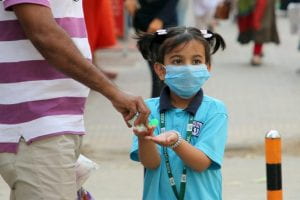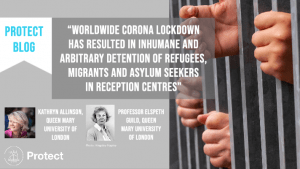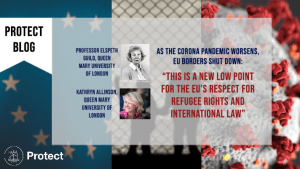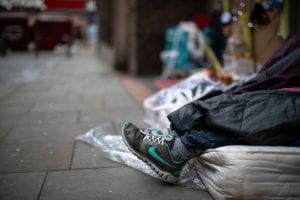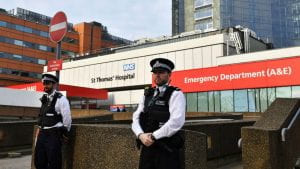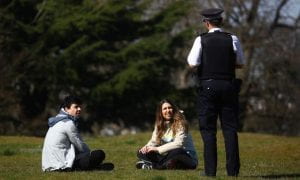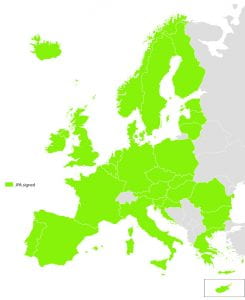By Dr Manoj Dias-Abey, Lecturer in Law (University of Bristol Law School)
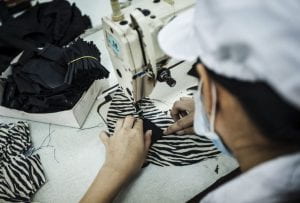 As governments have imposed physical distancing measures to slow the spread of the virus, the engines of global economic production have ground to a standstill. Almost half of humanity is under some form of lockdown. No one knows for certain the long-term impacts, but the IMF predicts that global output per head will shrink by 4.2 per cent this year, almost three times more than the amount logged in 2009 during the global financial crisis. In some cases, the once-creaking welfare systems of rich Global North countries have responded with remarkable speed, announcing a range of measures to keep businesses afloat, protect employment, and provide income support to those who have lost their jobs—although Alexandria Ocasio Cortez has pointed out that the American version, true to form, benefits corporations more than individuals. As Pankaj Mishra recently put it, “it has taken a disaster for the state to assume its original responsibility to protect citizens.” However, citizenship is the fulcrum upon which this newfound social solidarity turns. Workers in the Global South who have lost their jobs as a result of COVID-19 have been left destitute and homeless with almost no support forthcoming from their governments or the international community. Similarly, many migrant workers in the United States fall outside the purview of the state welfare aid. (more…)
As governments have imposed physical distancing measures to slow the spread of the virus, the engines of global economic production have ground to a standstill. Almost half of humanity is under some form of lockdown. No one knows for certain the long-term impacts, but the IMF predicts that global output per head will shrink by 4.2 per cent this year, almost three times more than the amount logged in 2009 during the global financial crisis. In some cases, the once-creaking welfare systems of rich Global North countries have responded with remarkable speed, announcing a range of measures to keep businesses afloat, protect employment, and provide income support to those who have lost their jobs—although Alexandria Ocasio Cortez has pointed out that the American version, true to form, benefits corporations more than individuals. As Pankaj Mishra recently put it, “it has taken a disaster for the state to assume its original responsibility to protect citizens.” However, citizenship is the fulcrum upon which this newfound social solidarity turns. Workers in the Global South who have lost their jobs as a result of COVID-19 have been left destitute and homeless with almost no support forthcoming from their governments or the international community. Similarly, many migrant workers in the United States fall outside the purview of the state welfare aid. (more…)

